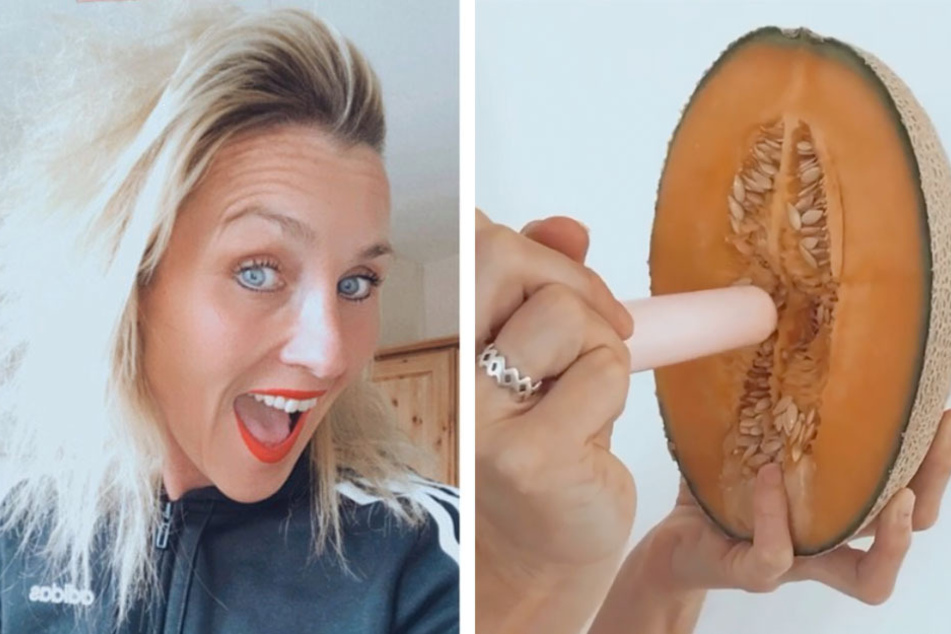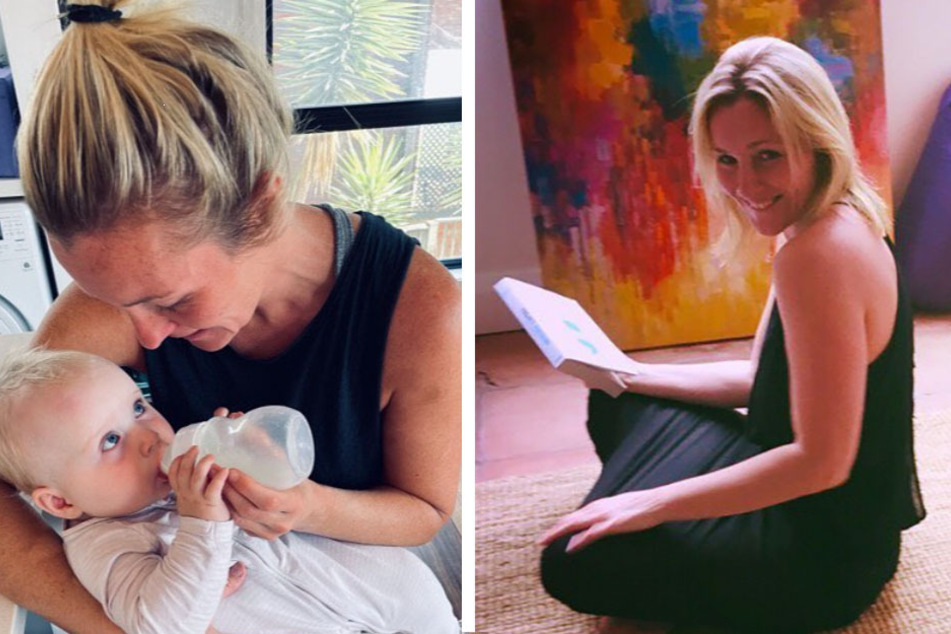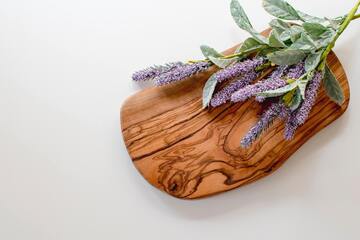Woman born without sex organs describes how she made her own genitals
Sydney, Australia – Ally Hensley was 16 years old when she found out her sex organs didn't develop the same way most women's do. After hearing the news, she knew she had a difficult future – and sex life – ahead of her.

Hensley has Mayer-Rokitansky-Kuster-Hauser Syndrome (MRKH), a medical condition that causes a female to be born without a womb, cervix, or vagina.
As soon as she got that devastating diagnosis, she began preparing for a life that might look a little different.
Now 39, Hensley has settled into her career as a writer and a speaker. Something else has changed too: she now has a handmade vagina!
Initially, doctors told Hensley she had two options when it came to "making" a vagina: surgery or dilation.
The Sydney, Australian native opted for dilation, and spent nine months inserting metal, tube-like dilators into her fingernail-sized dimple – what doctors called her under-developed vagina – both morning and night.
The process is something that traumatizes her to this day. In an article for Mamamia, Hensley wrote, "I will never forget the position I had to get into to force a dilator into my body – flat on my back with my feet on the floor and my knees apart. It still haunts me".
The makings of a new woman
According to Hensley, MRKH affects one in every 5,000 women globally, and usually isn't detected until the teenage years.
With knowledge on the subject being so sparse, Hensley decided to team up with her journalist friend Amy Molloy to make an Instagram Reel about the ins and outs of MRKH and just how she created a fundamental part of her body from scratch.
With just a melon and her dilators, the Sydney resident showed just how the process works, and a fruity example of the end results.
Although Hensley's new vagina opened up the door to intercourse, she's still without a womb or a cervix, which means she won't be able to get pregnant or carry a child.
A friend offered to be her surrogate, but after many failed and painful IVF treatments, Hensley came to the decision that kids just aren't a part of her future.
Learning to live again

It's taken Hensley years to come to terms with her body, after spending much of her late teens and early 20s questioning how to be a woman without most of her major sex organs.
Through the hard times, lessons learned, and much-needed adaptation, the Australian has a much more optimistic view on past, present, and future: "I’ve learnt that whilst our pasts shape us, they certainly do not define us. And our anatomy doesn’t choose who we can become".
It's taken Hensley nearly 38 years to feel comfortable in her skin, and she hopes to help others with MRKH overcome their self-doubt and grow with confidence and self-love.
Cover photo: Screenshot / Instagram / alley_hensley
